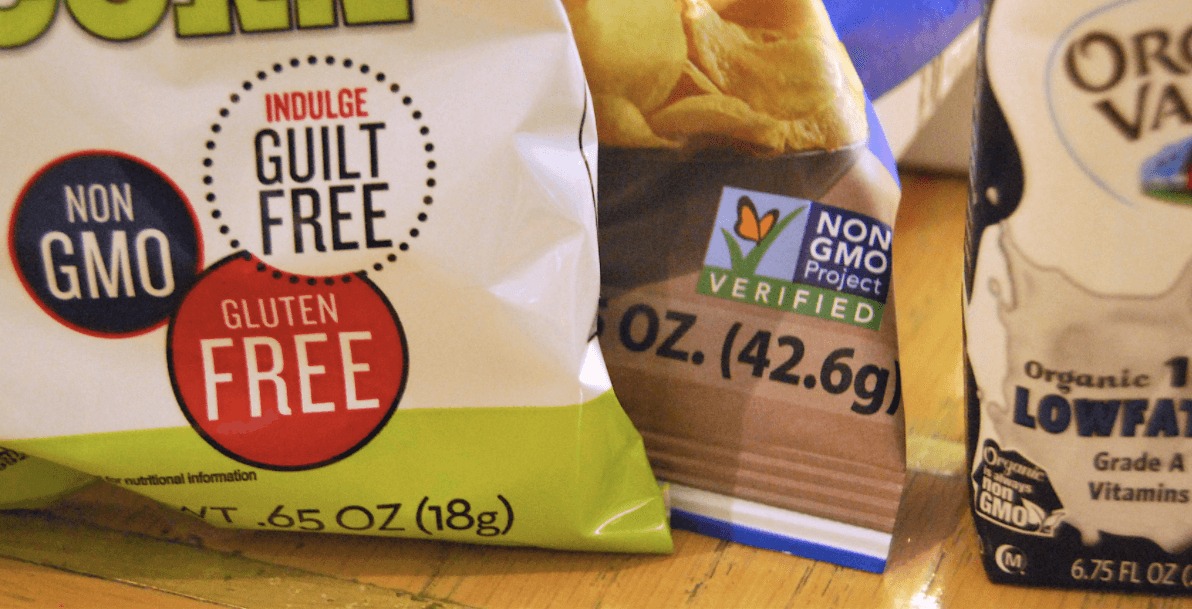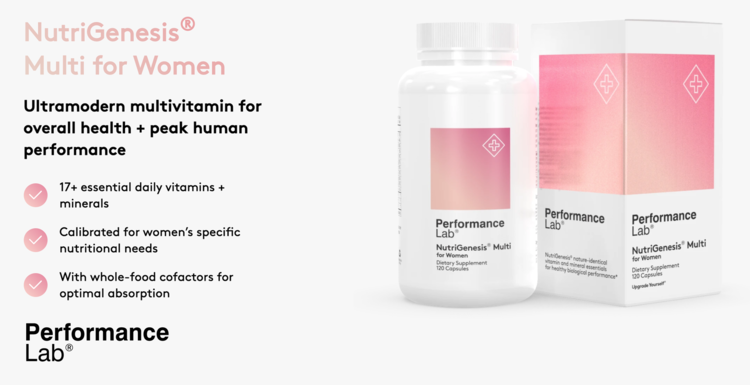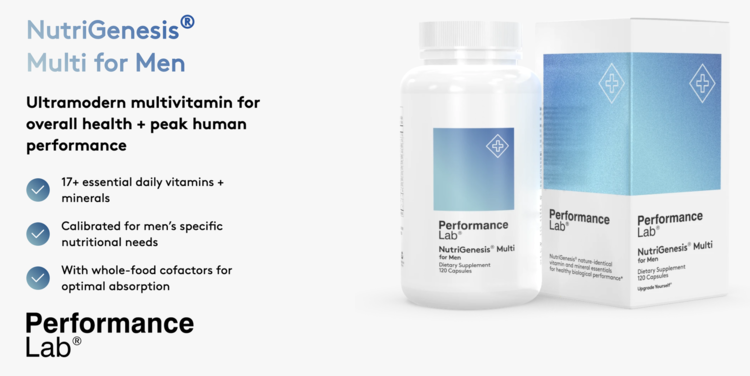Decoding Food Labels: Understanding Gluten-Free, All-Natural, Organic, Kosher, and More
Written By Martin Ebner - Head PT and sports nutritionist at Ebylife.
Understanding food labels at the best of times can be a little overwhelming. But now with many products displaying labels that include, but are not limited to Gluten-free, All-Natural, Organic, Kosher, Free-Range, Grass-Fed, Non-GMO, and Fair-Trade, despite the advances in transparency and food quality standards, knowing which products to choose and what the labels actually mean can still cause some confusion.
Before we look at some of the most popular labels, it's worth pointing out that there are very few international food labeling practices. Most are governed and regulated at a national level. Some countries have stricter standards and regulations than others. For example: in the UK, all food products are required to be approved by DEFRA (Department for Environment, Food and Rural Affairs) and genetically modified ingredients (GMOs) must be clearly stated, whereas in the US, the FDA (Food and Drug Administration) isn’t quite as transparent when it comes to listing all of a product’s ingredients.
If there is a brand or product in your country that you're unsure about, it's worth doing your research and digging a little deeper. Or better yet, ask the supplier or brand.
Let's have a look and decode some of some of the more popular food labels.
Gluten-Free
Gluten-free is trending and foods that under no circumstances should contain gluten, have a shiny gluten-free stamp of approval to give them a somewhat healthy appearance.
Gluten is a protein found in grains like wheat, spelt, barley, and Rye. Gluten meaning Glue in Latin gets its name from helping things like pizza dough and pasta keep their structure. Fortunately for most, eating gluten doesn't cause any problems. However, for those with gluten-related disorders and intolerances like celiac disease, sticking to a gluten-free diet is very important. As the name suggests, gluten-free products are those that contain no gluten and are therefore considered safe for consumption for those with intolerances or who are just choosing to avoid it.
All-Natural or 100% Natural Ingredients
This one, like many others, is a little deceiving. Foods labeled all-natural, 100% natural, and 100% natural ingredients mean that they do not contain artificial ingredients or preservatives and that the ingredients are only minimally processed. However, unlike organic products, they can still contain antibiotics, growth hormones, and other chemicals potentially harmful to human health in larger quantities.
Organic
Foods and products labeled organic must contain at least 95% organically produced ingredients with the remaining 5% approved on the national list provided by the USDA (United States Department of Agriculture).
Unlike all-natural products, they can't be made using ingredients produced with any antibiotics, growth hormones, pesticides, petroleum or sewage-sludge-based fertilizers, bioengineering, or ionizing radiation.
Free-Range
For a product to be labeled free-range, the animals cannot be contained or locked up in any way and must be allowed to roam and forage freely over a large area of open land. Similar labels are pasture-raised or grass-fed.
Grass-Fed
Meat labeled grass-fed means that the animal is primarily raised on ranges rather than in a feedlot. Unfortunately, grass-fed doesn't necessarily mean that the animal hasn't been contained unless the product also contains the free-range (pasture-raised) label.
Like free-range products, grass-fed animals are normally preferred by consumers because an animal fed on a diet primarily of grass is healthier for you than grain-fed.
Non-GMO
For a product to be labeled Non-GMO, the crops used to create the product cannot have been modified in a lab to make them resistant to herbicides and/or produce an insecticide. In other words, they are foods that haven't been genetically modified. You might be familiar with the GMO debate from the evil empire known as Monsanto and their gigantic hormone-induced corn. GMO foods are the big pharma of the agricultural industry.
Fairtrade
Fairtrade (often found stamped on coffee beans and cocoa) is a model in which the farmers receive a “fair price” for their crops. In other words, no child labor picking coffee beans in El Salvador. Unfortunately, for most non-fair-trade products it tends to be the big chain stores that make the largest profit, not the producer. Fairtrade means that the farmers have received a fair price for their products (regardless of the market value), a better wage, safer work conditions, and protection of the environment.
Kosher
For a product to be labeled Kosher, it must conform to the Jewish religious dietary law. Any animal species must be slaughtered using Schochet – a method in which the animal is rendered instantaneously unconscious and death occurs almost instantly. In other words, the animal shouldn’t suffer during its slaughter.
Vegan
Vegan products are those that do not contain any animal ingredient (meat, eggs, dairy products) or any ingredient derived from animals.
Related: The Ripped Vegan: Can You Build Muscle on a Vegan Diet?



